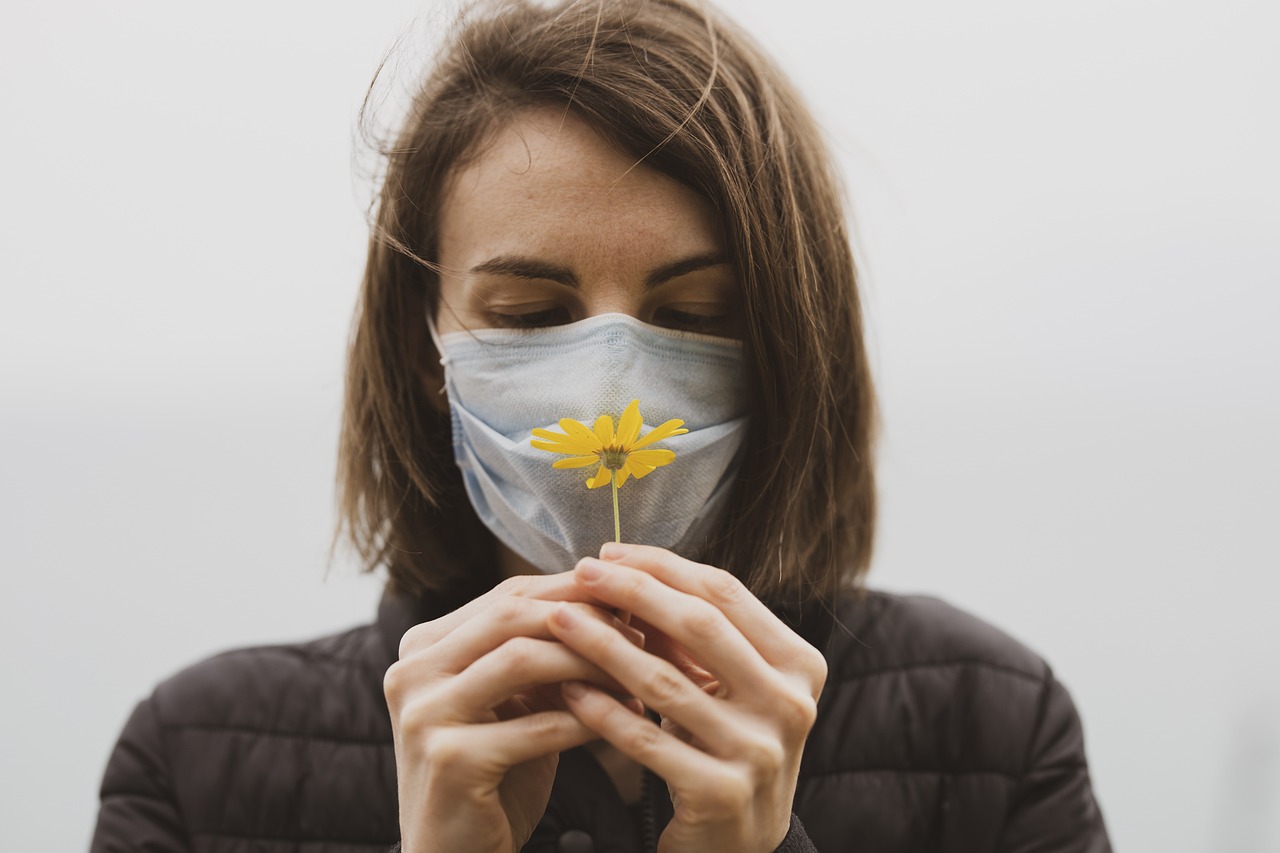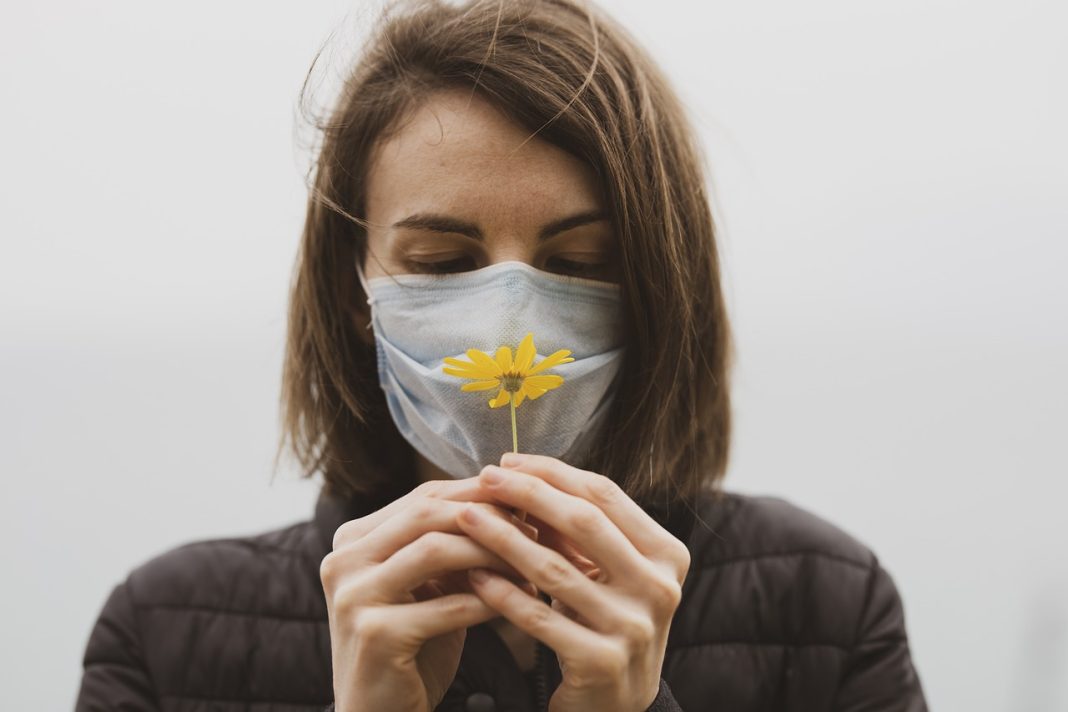
Vaccinations are a crucial element in maintaining public health and preventing the spread of infectious diseases. With the ongoing COVID-19 pandemic, the importance of vaccinations has become even more apparent. However, it can be difficult to determine which vaccinations are essential for individuals of different ages. To help clarify this issue, we have compiled expert recommendations on the essential vaccinations for all ages. This article will provide a comprehensive overview of the vaccinations that are recommended for children, adults, and seniors, and the reasons why they are necessary. By following these recommendations, individuals can protect themselves and their communities from preventable illnesses.
1. Introduction: The Importance of Vaccinations for All Ages
Vaccinations are an essential aspect of public health that can protect individuals and communities from infectious diseases. Vaccines work by stimulating the body’s immune system to produce antibodies that can fight off specific viruses and bacteria. By receiving vaccinations, individuals can develop immunity to a wide range of diseases, reducing the risk of illness, hospitalization, and death.
Vaccinations are crucial for people of all ages, from infants to the elderly. Vaccines can prevent many serious illnesses, such as measles, mumps, rubella, polio, hepatitis B, and influenza. They can also reduce the risk of complications from these illnesses, such as pneumonia, meningitis, encephalitis, and liver disease. Vaccinations are particularly important for individuals with weakened immune systems, such as those with chronic illnesses or undergoing cancer treatment. By getting vaccinated, individuals can protect themselves and those around them, contributing to the overall health and well-being of their communities.
2. Expert Recommendations for Essential Vaccinations
According to the World Health Organization (WHO), vaccination is one of the most effective ways to prevent infectious diseases. Vaccines work by stimulating the body’s immune system to recognize and fight off specific pathogens. Here are some essential vaccinations recommended by experts:
- Measles, mumps, and rubella (MMR) vaccine: This vaccine is recommended for all children and adults who have not been vaccinated or who have not had the diseases before. It protects against three viral infections that can cause serious health complications.
- Tetanus, diphtheria, and pertussis (Tdap) vaccine: This vaccine is recommended for adolescents and adults to protect against three bacterial infections that can cause severe illness and even death.
- Human papillomavirus (HPV) vaccine: This vaccine is recommended for both males and females to protect against certain types of HPV that can cause cancer.
Other essential vaccinations include the influenza vaccine, pneumococcal vaccine, and hepatitis B vaccine. It is important to consult with a healthcare provider to determine which vaccines are appropriate based on age, health status, and other factors. Vaccines not only protect individuals, but also contribute to the overall health of communities by reducing the spread of infectious diseases.
3. Age-Specific Vaccinations: What You Need to Know
Getting vaccinated is an important step in protecting yourself and those around you from serious diseases. However, not all vaccines are recommended for everyone at every age. Here are some key age-specific vaccinations you should be aware of:
- Infants and young children: Children should receive a series of vaccinations starting at birth to protect them from diseases such as measles, mumps, rubella, polio, and hepatitis B. It’s important to follow the recommended schedule to ensure that your child is fully protected.
- Adolescents: Adolescents should receive the HPV vaccine to protect against certain types of cancer, as well as the meningococcal vaccine to protect against meningitis. They may also need a booster dose of the tetanus, diphtheria, and pertussis vaccine.
- Adults: Adults should receive the flu vaccine every year, as well as the Tdap vaccine to protect against tetanus, diphtheria, and pertussis. Those who are at higher risk for certain diseases, such as pneumonia or shingles, may also need additional vaccinations.
- Elderly: Older adults should receive the pneumococcal vaccine to protect against pneumonia, as well as the shingles vaccine to protect against shingles. They may also need a booster dose of the tetanus, diphtheria, and pertussis vaccine.
It’s important to talk to your healthcare provider about which vaccines are recommended for you based on your age, health status, and other factors. Vaccinations are a safe and effective way to prevent serious diseases, so make sure you’re up-to-date on your immunizations.
In conclusion, vaccinations are an essential tool in maintaining public health and preventing the spread of infectious diseases. The expert recommendations for essential vaccinations for all ages provide a comprehensive guide for individuals to protect themselves and their communities. It is important to consult with healthcare providers to ensure that you and your loved ones are up-to-date on all necessary vaccinations. By staying informed and taking proactive measures, we can continue to prioritize the health and well-being of ourselves and those around us.








